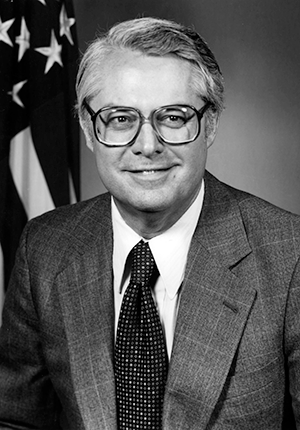Summary
Harlow deals with “qualified immunity,” one of the most important doctrines shielding government officials—in particular, police officers—from paying damages for their misconduct. Harlow was decided in an era when crime rates were the focus of political debate and at a time when the civil rights movement had achieved many political gains. The case dealt not with police officers, however, but rather the conduct of two White House staffers from the Nixon Administration. There has in recent years been renewed debate over qualified immunity and its contribution to a system of policing that arguably impacts minority communities disproportionately.






